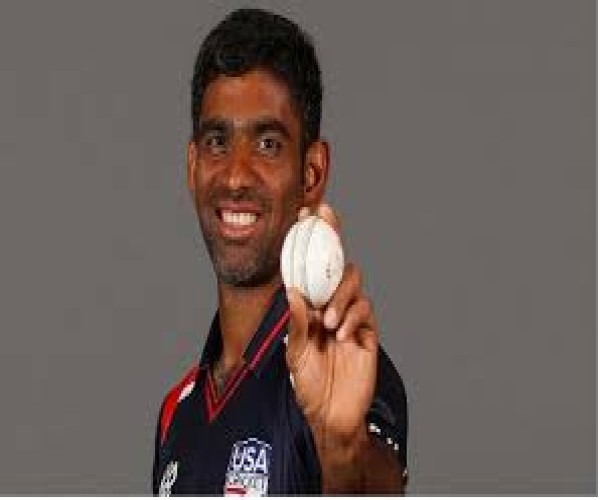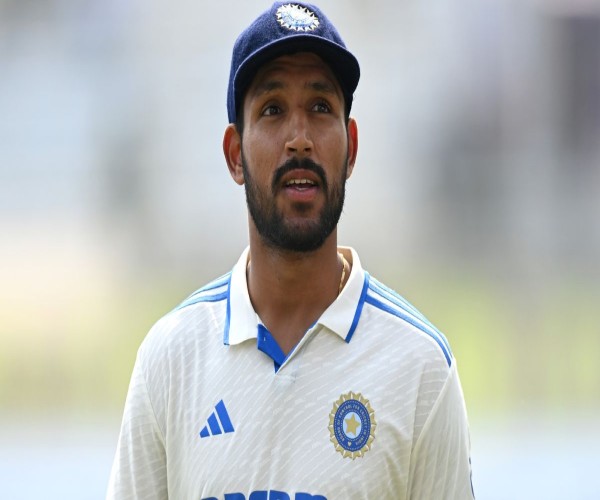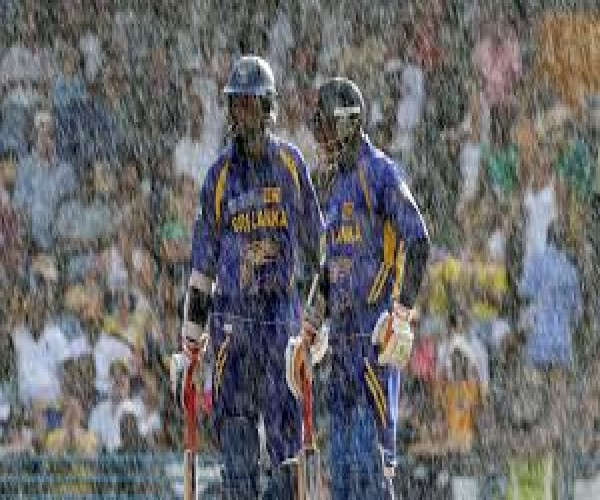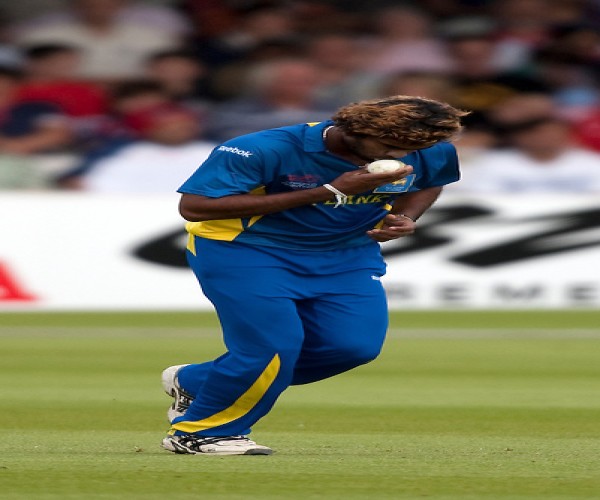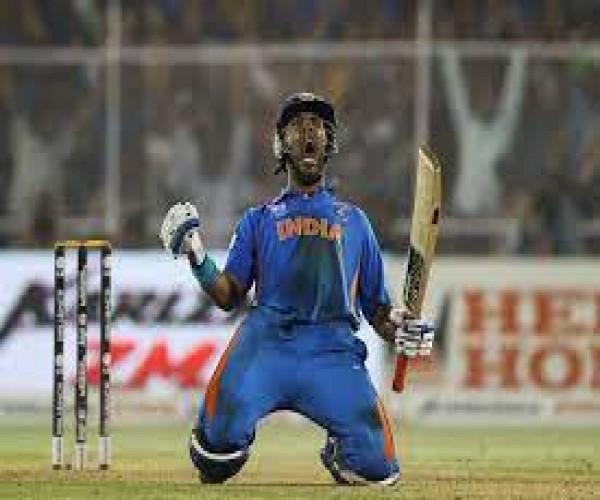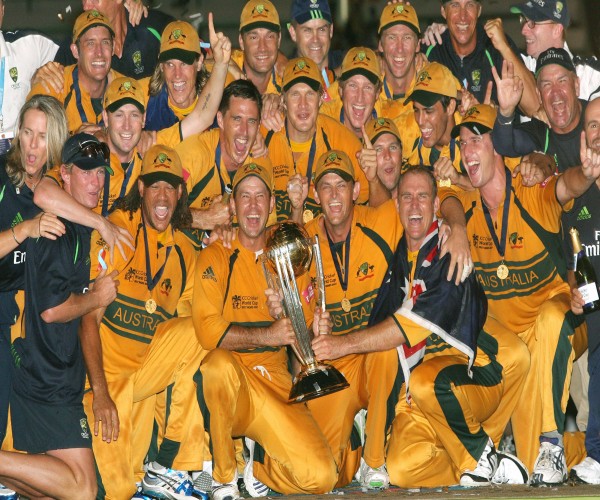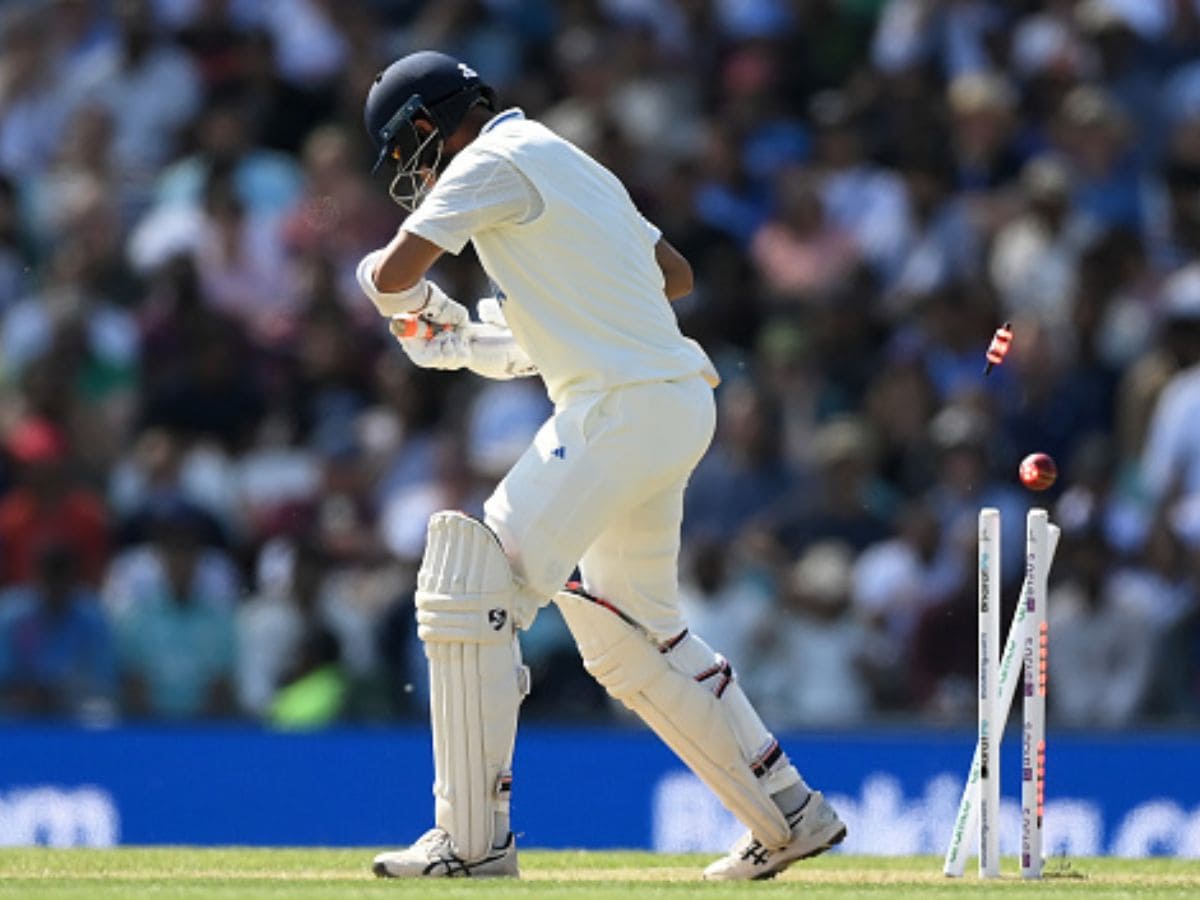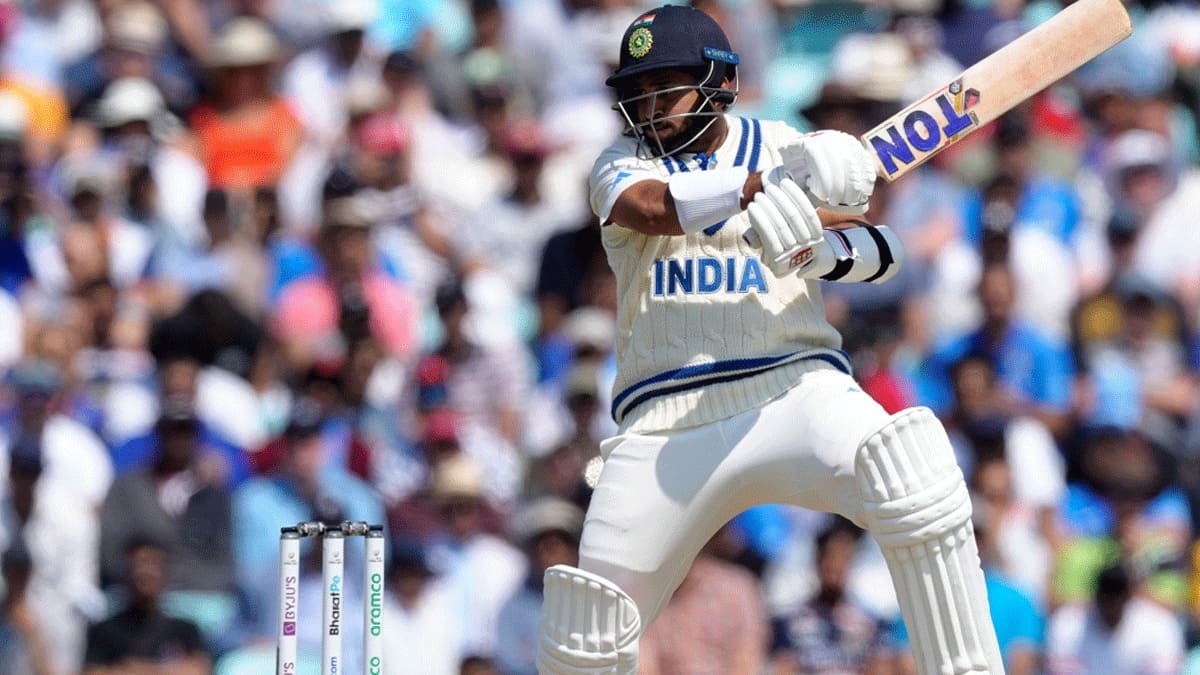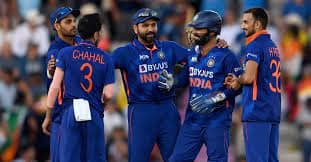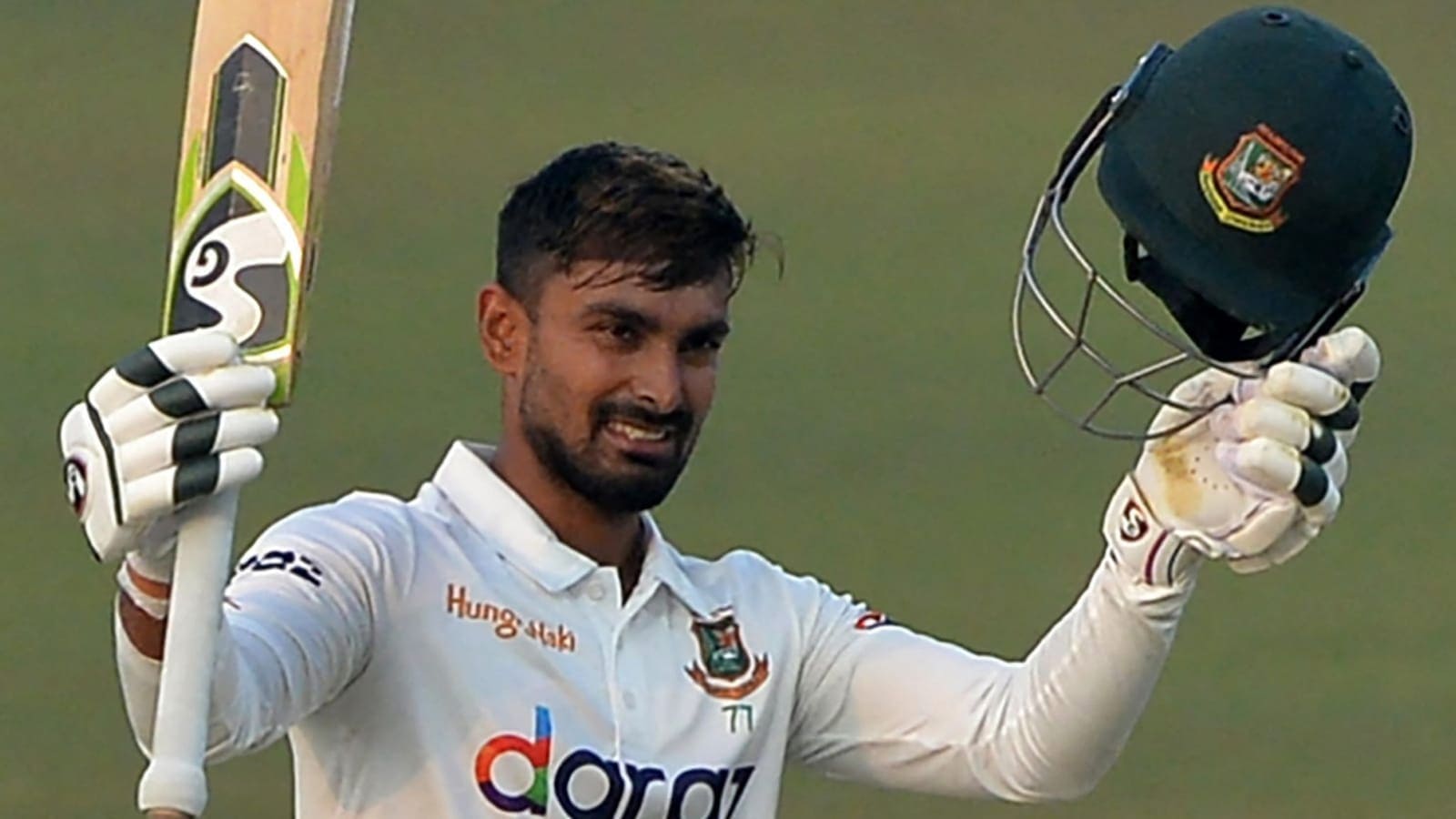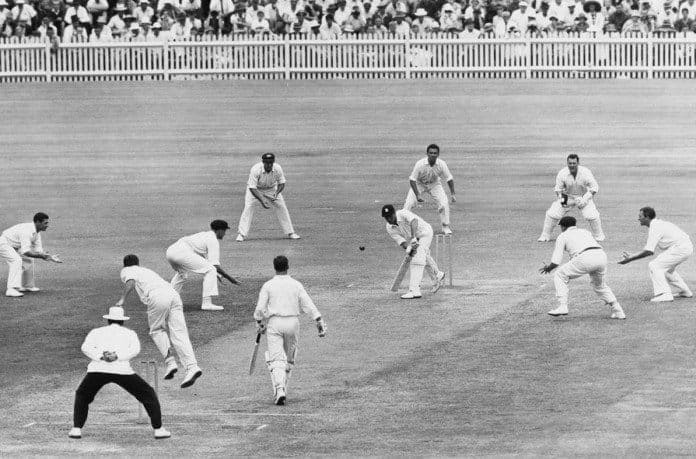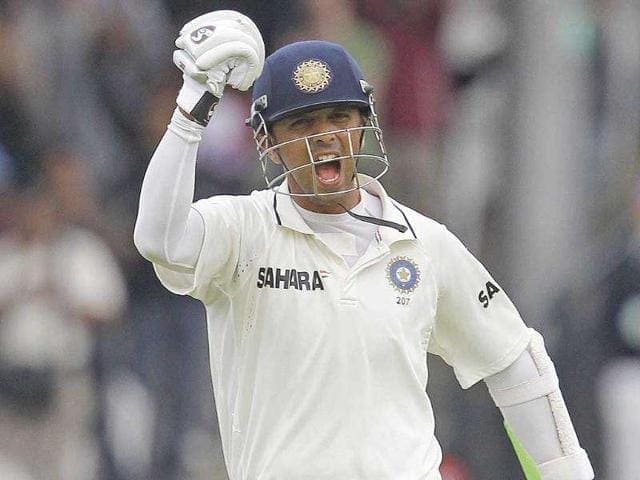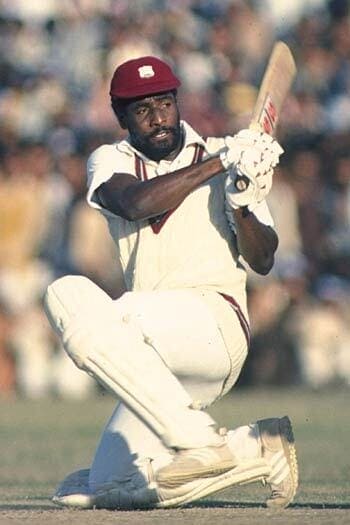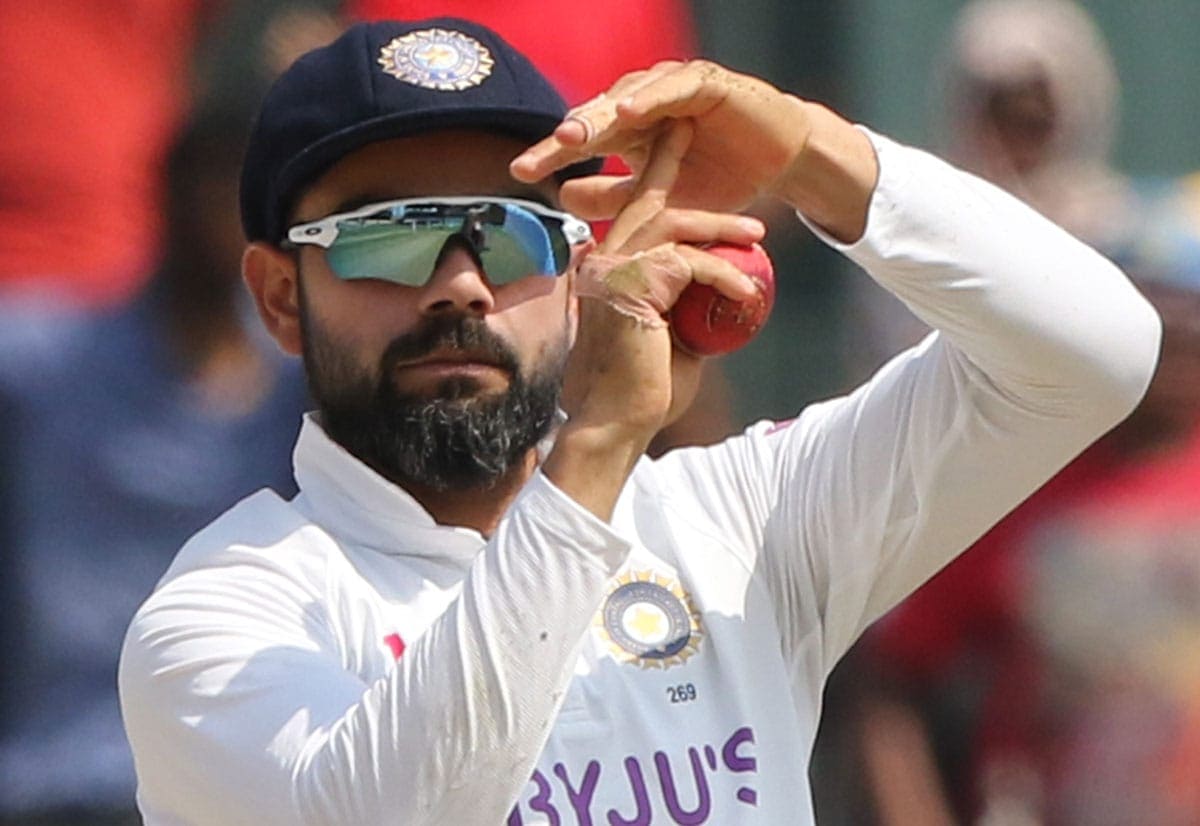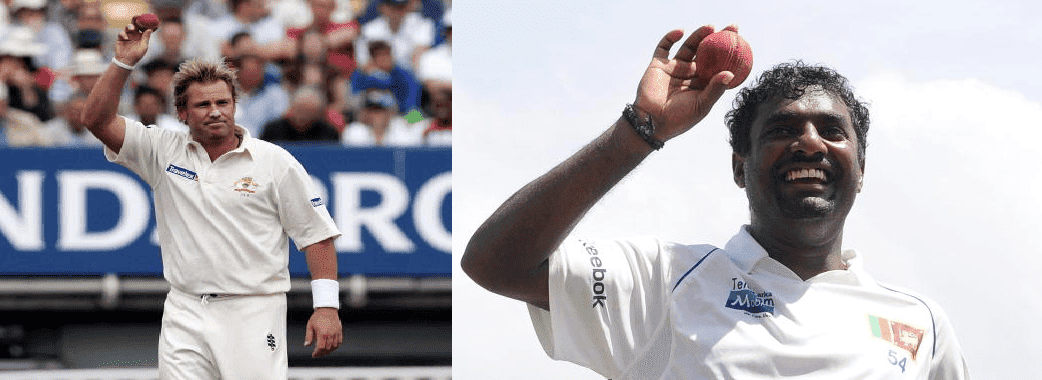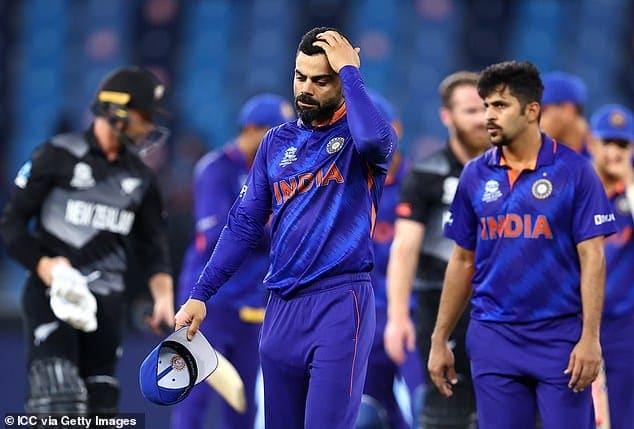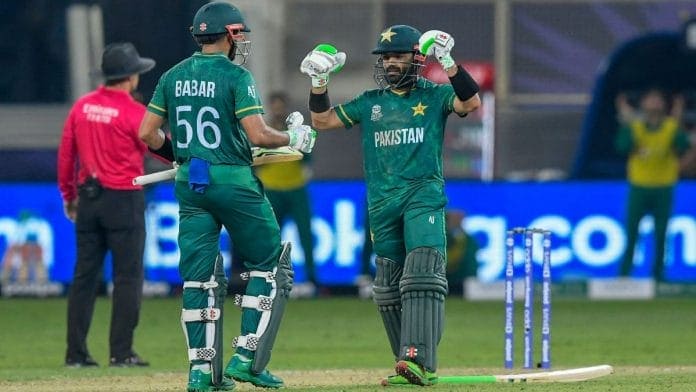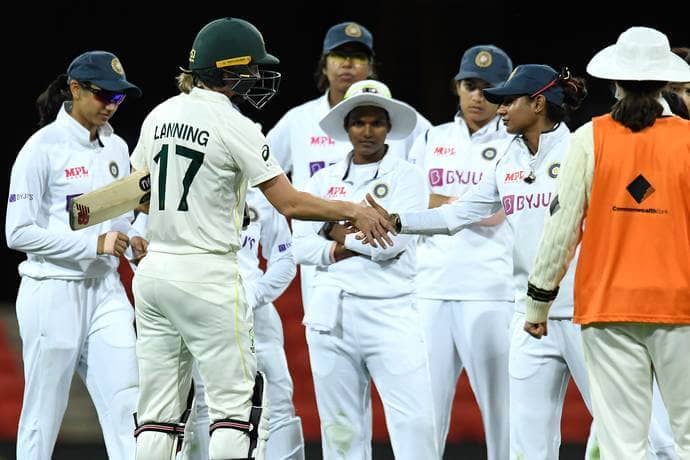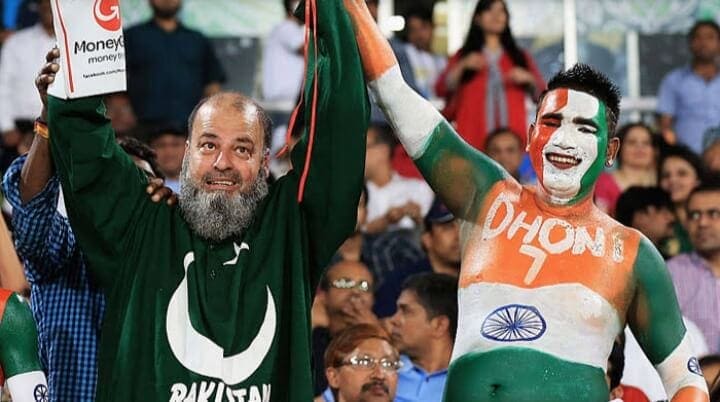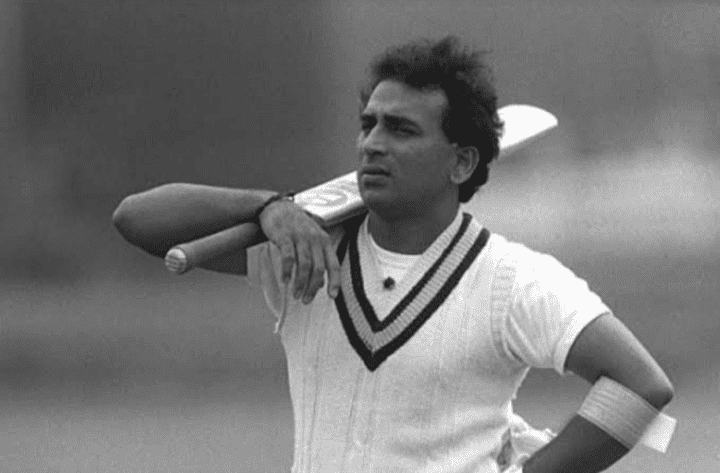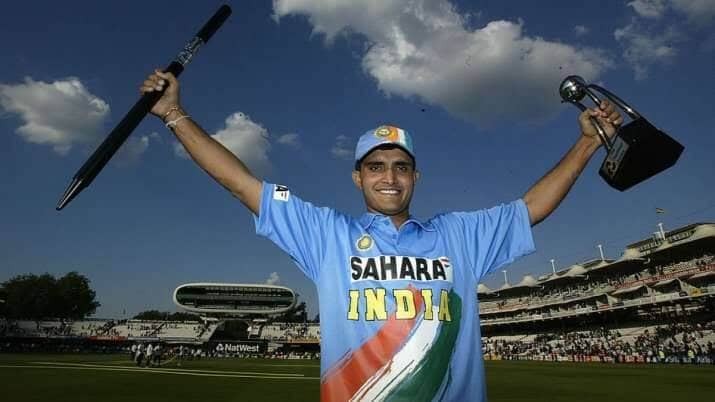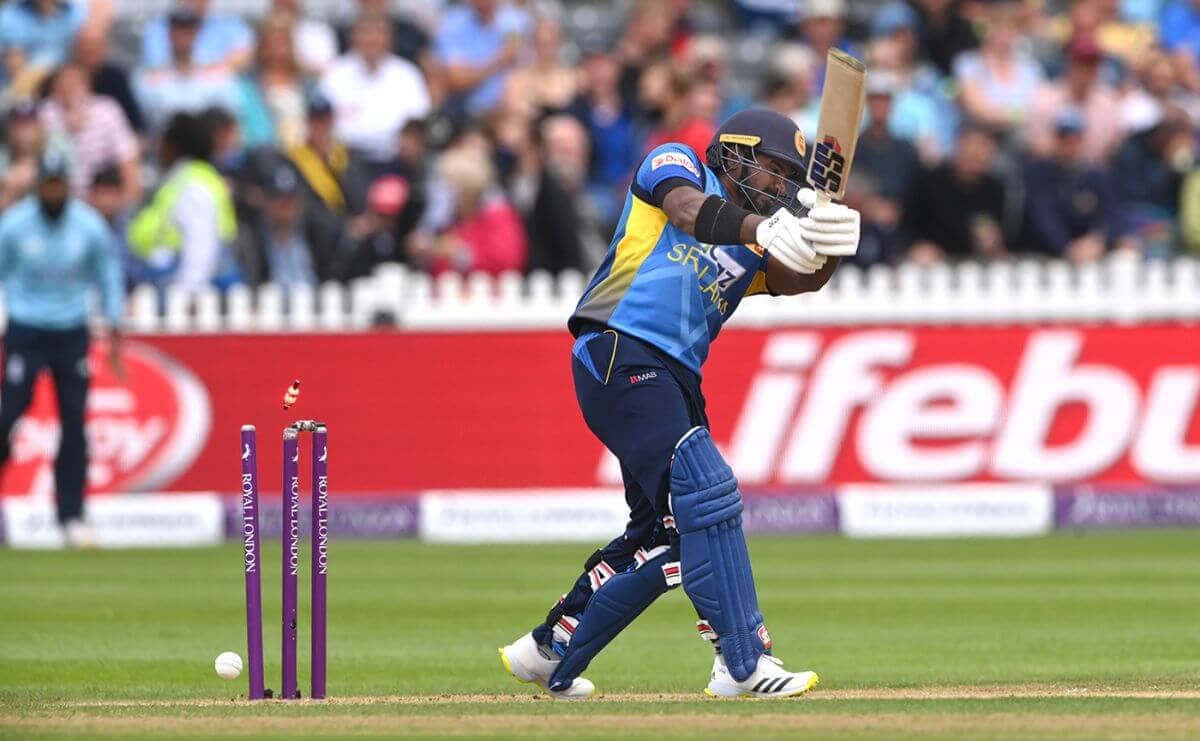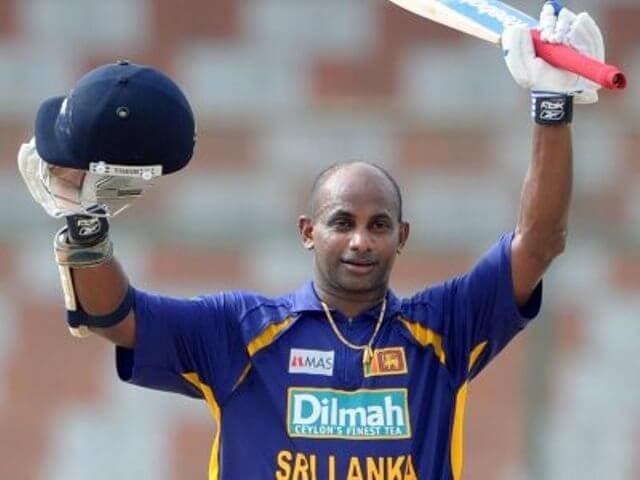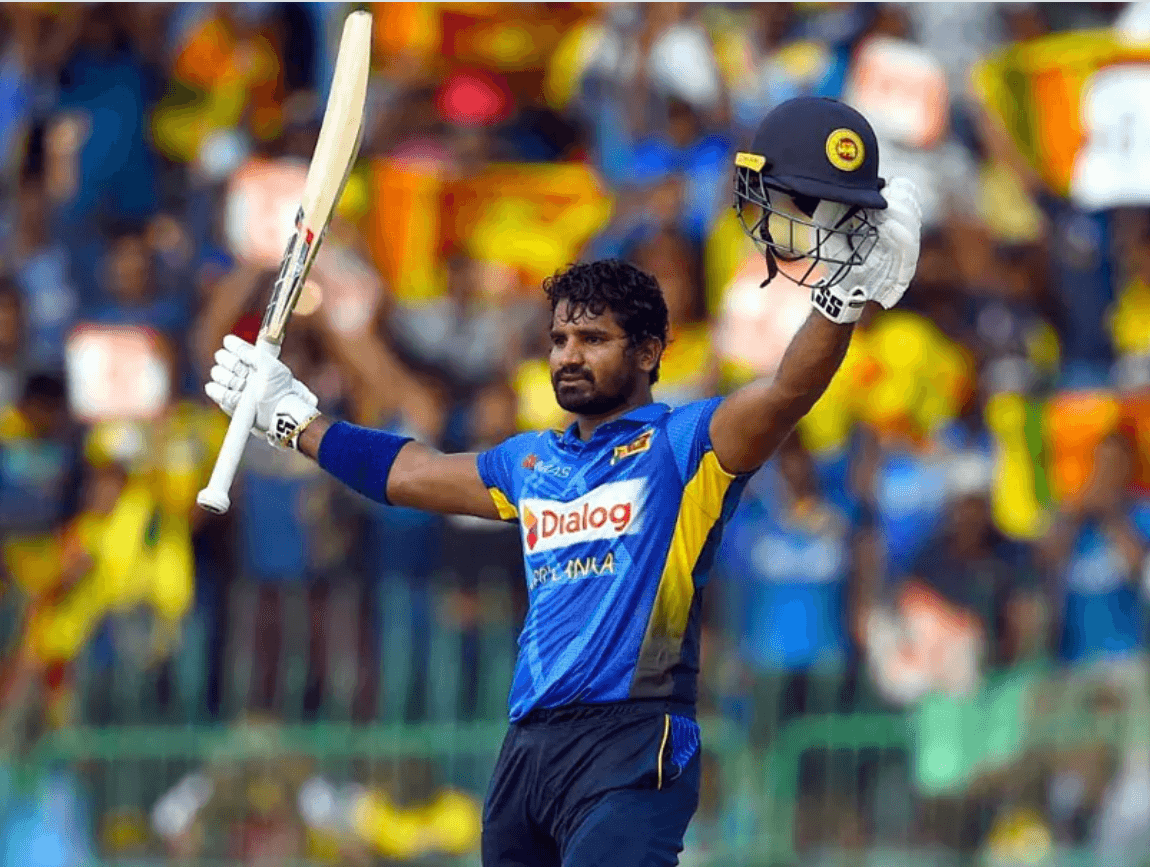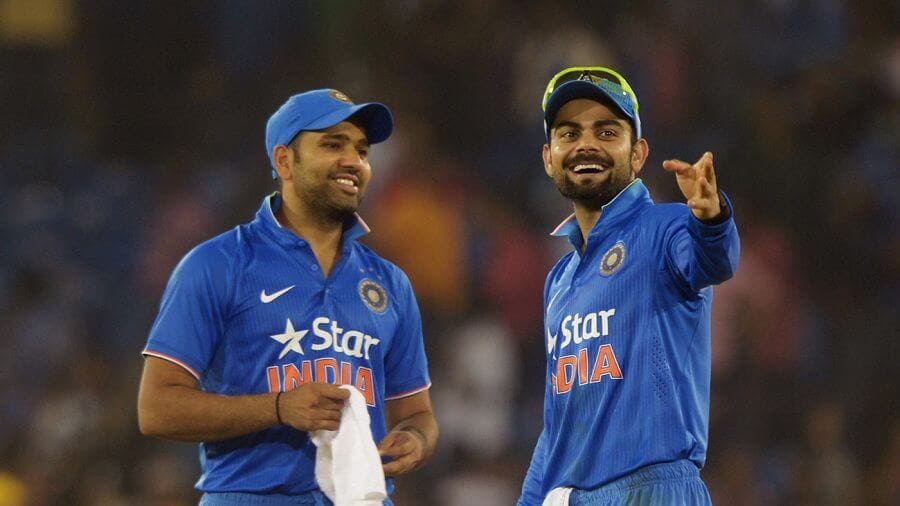
Dawid Malan is the common man’s world No1.
He sits atop the official T20I rankings with a comfortable lead. His numbers justify this ranking on a numerical basis – in just 27 innings, he has scored 1090 runs at an average of 47.39. He’s also crossed 50 twelve times, which shows his consistency is the main reason for his prolific run-scoring.
But at the end of the day, the ICC’s metrics are quantitative. They depend on complex formulae to determine the worth of a player. The strength of the opposition, the par score on the ground, and the performances of other players in the match are all considered – but they are based on purely numerical assessments.
It is essential with Malan, then, to look beyond his rating points (he currently has 892 of them) even as we take a deeper dive into the man’s international numbers.
He made a fantastic international debut in this format against South Africa, scoring a blistering 78 off 44 that caught the attention of the English cricketing public. But it would be almost another year before he got another game for England’s white-ball team. In the meantime, he was selected for the disastrous 2018 Ashes campaign, where his gritty century at the WACA was the series highlight from their batting line-up. This knock won him further accolades.
After that, however, fate took a strange and decisive turn for his international career. His perceived weakness against the moving ball and an underwhelming average of 20.23 at home crossed paths with then-selector Ed Smith’s uncertain decision-making. Before he knew it, he was out of the Test side.
He kept getting selected in the T20I squad, though. His 103* off 51 against New Zealand saw him officially breaking down the door to enter Morgan’s first eleven. At the press conference that followed their decisive victory, the skipper was critical of one aspect of this knock – the fact that he refused to run a bye off the last ball of England’s innings. Large sections of the media interpreted this to be a veiled jab at Malan’s concern with his personal numbers.
Since then, the press has often employed this early comment from a battle-weary skipper as decisive proof for the fact that the management does not want Malan to be in their plans. Morgan himself has denied such a narrative, but it is evident that Malan is in the eleven purely on the basis of his extraordinary numbers.
His presence in the top order means either Bairstow or Buttler has to drop down the order every time England takes the field. Many pundits have echoed Kevin Pietersen’s sentiments: if Malan is dropped, the batting order can be an even more formidable one. Hypothetically, this top four will comprise of Jason Roy, Jos Buttler, Jonny Bairstow and Ben Stokes: a dangerous sight for any opposition.
But if Malan keeps making himself impossible to drop, he would have done well enough to retain his No1 ranking along the way. Eoin Morgan is an excellent man-manager. It’s safe to assume that just like every player in the first eleven, Malan’s been made aware of his role in the side.
So, why is he such a polarising player? The answer to this question will lead us to understand his role in this side: he’s what I elect to call a ‘postmodern anchor’. Perhaps, not the first one in the world, but surely, the best in international cricket at the moment.
Let me explain: Malan is a notoriously slow starter by contemporary cricketing standards. England’s opening pair almost always gives them an explosive start. Then, along comes Malan, allegedly slowing down the pace of the innings.
There is merit to this argument. For example, after scoring a blistering knock of 99* (47) against South Africa, here’s his sequence of the next eight innings: 24* (20), 24 (23), 18 (17), 14 (17), 68 (46), 7 (14), 4 (5) and 76 (48).

Innings Wise Breakdown of Dawid Malan's T20I Career / Courtesy: HowSTAT
Clearly, he takes his time to get going. He almost always plays low-percentage cricket until he settles into his innings. Then, he goes for his high-percentage shots: when they don’t come off, his contribution to his side’s effort deviates into the negative.
This is an irreplaceable feature of Malan’s game. At some point of time, Morgan must have realised this, and rather than trying to shuttle Malan around the batting order or out of the eleven, he’s taken the brave decision of building the team around Malan’s late-innings acumen.
Every T20 side still needs at least one anchor. Any of the English batters in the current eleven can anchor an innings if required, but their USP is playing attacking cricket from the first ball. In that respect, Malan plays the important role of being the slow yet stable starter England can construct a high-scoring total around.
The poetic could also call him an ‘accidental anchor’ because he originally came into this side to fulfill England’s vision of all-out attack. On most days, he makes a positive contribution to the side, as attested by his T20I career SR of 143.04. But even on the days he doesn’t, he acts as someone the team can build their innings around.
Despite his early success, Malan needs to answer a lot more queries about his ability to play on slow tracks. His returns from his two innings at the Sophia Gardens this week were unconvincing, whereas his five innings in the subcontinent (all against India) saw him score 148 runs at a sub-par SR of 120.32 as well. The upcoming T20 World Cup will be held in the UAE – his side’s success might depend on how well he can adapt to the tracks that will be worn-out by IPL cricket.
As things stand, questions about Malan’s effects on the near-mythical ‘momentum’ of his side will be asked till the day he remains in it. But his twofold role in T20I cricket presents a template for the future: every team must have at least one batter who can conduct full-frontal attacks at a SR of 140+, while anchoring the side at the top of the order with a high average.
With pitches set to get more comfortable for batters, the presence of such ‘anchors’ will increase, rather than die out, as suggested by many pundits. There is something about aggressive stability that even T20 cricket can never get rid of.
For now, Malan remains in a league of his own. His long-term success (or the lack thereof) in diverse batting conditions might have a direct influence on the approach franchise managers take in the near future.


